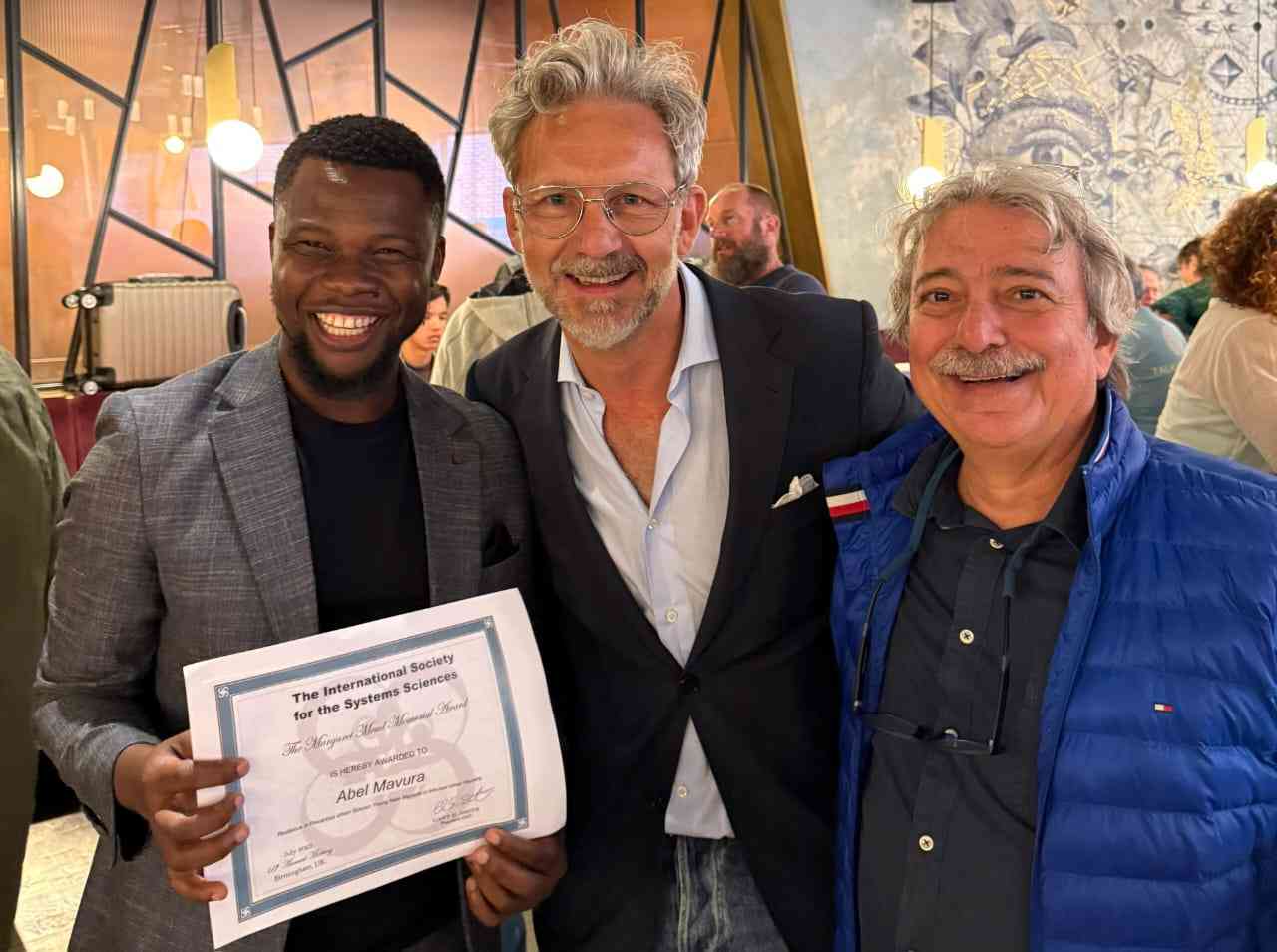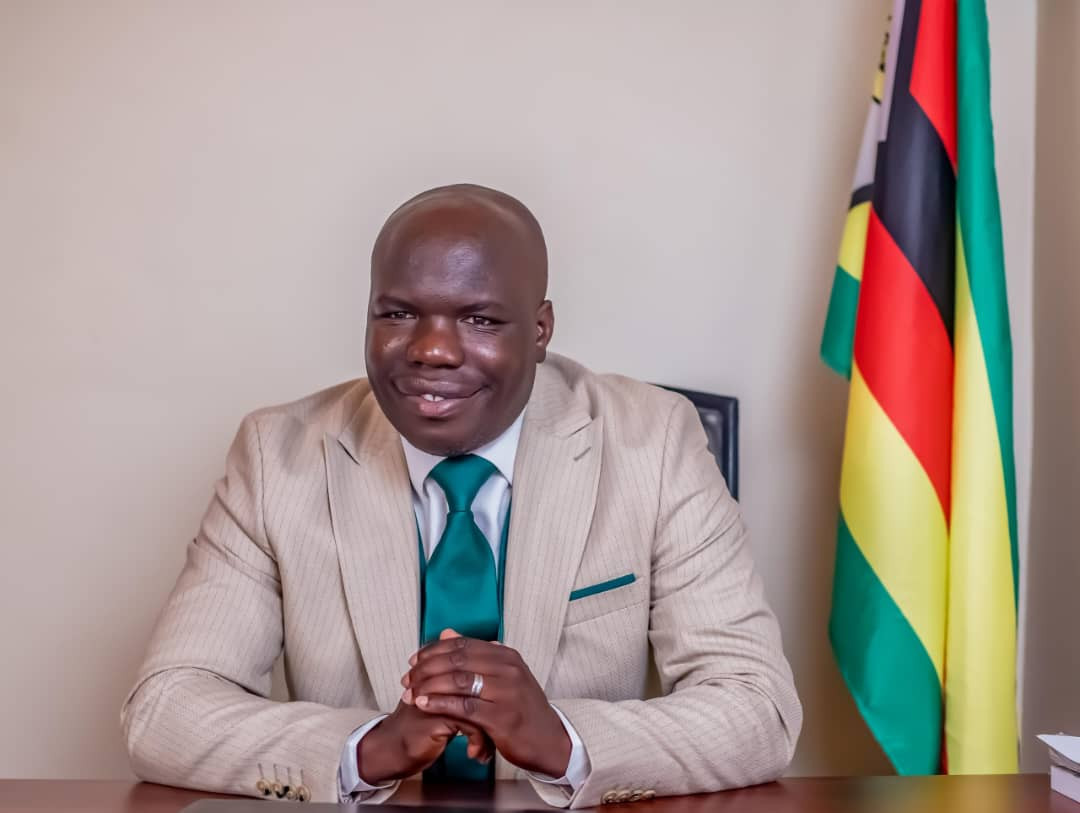
For eight years after the death of her husband, Annie Mangadze from Chitungwiza’s St Mary’s suburb had not known any peace battling to get back a residential stand that was swindled from her by a politically-connected land baron in the area.
BY MOSES MUGUGUNYEKI
Mangadze said she and her late husband acquired the piece of land in the then newly-established Nyatsime suburb, measuring 300 square metres, in 2012.
After the death of her husband in 2013, Mangadze, an unemployed mother of four, could not develop the residential stand, which prompted the land baron, working in cahoots with officials from Chitungwiza Municipality, to grab the residential stand from her.
The recent Commission of Inquiry into the Sale of State Land in and around Urban Settlements revealed that several thousands of residential stands allocated to home-seekers in Chitungwiza were illegal.
The commission recommended the arrest and prosecution of land barons, housing co-operatives leaders, property developers and politically-connected people who pocketed more than $3 billion since 2005.
For Mangadze, the commission could have brought some kind of reprieve, but she concedes, she has faced a torrid time trying to access justice.
“In 2012, we bought a residential stand in Nyatsime from Chitungwiza Municipality. Just like many others, we went through all the processes at the local authority and we were given the green light to develop the stand,” said Mangadze.
- Chamisa under fire over US$120K donation
- Mavhunga puts DeMbare into Chibuku quarterfinals
- Pension funds bet on Cabora Bassa oilfields
- Councils defy govt fire tender directive
Keep Reading
“Unfortunately, my husband died before we couldn’t even put a temporary structure. For two years, we would grow crops at the piece of land while I was mobilising resources to build a small shelter.
“All hell broke loose when this other day I visited the place only to find some builders putting pegs on the land. They told me that they were contracted by the ‘owner’ of the land to build a house.
“I thought I was dreaming. The builders continued with their work saying the ‘rightful owner’ was on his way. The said owner came and showed me documents from the council. I went to the council offices the following day and I was shoved from one office to another despite having all the necessary documents showing that I was the rightful owner of the piece of land.”
Since then, Mangadze has over the years been struggling to access justice systems. She is among millions of women across the globe who suffer from inequalities regarding economic resources as well as access to ownership and control over land.
According to a World Bank [2016] report, when women access land through markets, they are less likely than men to get it because of discrimination in land markets, differences in incomes and access to credit, and social discrimination.
“I am a poor widow looking after four children, of which two are living with disabilities. I am not employed and I rely on vending where we go and sell wares outside Harare, especially at farms in Chegutu.
“We no longer go there because of Covid-19 restrictions. The situation is so dire and I am struggling to take care of my family.
“We were almost kicked out of the house where we are lodging because of rental arrears. Life is just tough for me and my children,” Mangadze said
She said because of her vulnerability, she has lost her piece of land, more so, a residential stand she worked so hard to acquire alongside her husband.
According to the World Justice Project’s report, Measuring the Justice Gap, 5,1 billion people or approximately two-thirds of the world’s population are faced with at least one justice issue. Remarkably, the annual cost of these justice problems ranges from 0,5% to 3% of the GDP in most countries.
In addition to these everyday legal needs, under-served or marginalised communities like women or minorities also face structural injustices, which might manifest as land appropriation from rights violations by government institutions or corporations.
By the time Mangadze thought her case was making headway, the Covid-19 pandemic hit the world followed by subsequent lockdowns meant to tame the spreading of the virus.
“Someone advised me to seek justice over the case. Unfortunately, that was the time when the world was affected by Covid-19,” she said.
Mangadze said when she tried to check with the council, she was told that the local authority had reduced its operations and was only attending to pressing issues.
“There was paperwork that I wanted to get from council before I presented my case to the courts. I was not entertained at the council offices as I was told that council had scaled down operations. Many people, especially men, are being served at the councils. A very big house was built on my residential stand and I am still seeking justice. I feel I betrayed my husband,” she said.
Just like many other women in marginalised communities, already poorly served by justice systems, Mangadze also faces the highest risks.
For her, the Covid-19 pandemic has widened the justice gap and has had ripple effects on the functioning of the justice system in the country.
Due to the national lockdown imposed under Statutory Instrument 10 of 2021 to prevent, control and contain the spread of the Covid-19 epidemic, the Judicial Service Commission (JSC) in January announced that it was adjusting its operations, which has led to increased length of judicial proceedings.
The government and several institutions, including local authorities, also scaled down operations with only 10% of their workers available in offices during the lockdown period.
“At some point I wanted to go to the courts, but I was advised that the courts were not entertaining cases like ours. I don’t have money to engage a lawyer, more so, I don’t really understand which legal route to take,” Mangadze said.
Her 21-year-old disabled son Mike “Micho” Saujeni said they lost the battle for the property because his mother was “too poor to contest against a filthy rich land baron over the piece of land”.
“In as much as my mother would want to seek justice and get back that piece of land, she is incapacitated to compete with those land barons. She does not have the money and she does not understand the law at all,” said Saujeni.
“Had I not been in this state, I would have stood by my mother and got back the stand, which was genuinely bought by my parents.”
Chitungwiza Municipality public relations officer Lovemore Meya said the allocation of residential stands was impartial.
“The allocation of residential stands does not favour anyone according to their sexual category and everything is done above board. In the case of double allocation, we just check if the concerned people have the required documentation,” Meya said.
“Just like many other institutions, we are gender-sensitive and practice gender-equitable kind of management where we have a female acting town clerk. We have also introduced quota systems in all our operations from recruitments to management.”
Meya said council had scaled down its operations due to the Covid-19 pandemic, but pointed out that some offices were operational to attend to critical issues.
Regional human rights organisation, Advancing Rights in Southern Africa, in its research published in December last year titled Impact of Covid-19 on Women’s Customary Land Rights and Livelihoods in Southern Africa, revealed that the pandemic was a bottleneck to justice on women’s rights.
“The Covid-19 pandemic has had a serious impact on access to justice for many reasons. These include the inaccessibility of the courts, as the courts operated at a reduced level, often attending only to urgent cases, bail hearings, first appearances for those facing criminal charges or resorting to online operations for jurisdictions that had the facilities to do so,” the research noted.
“In addition, the limitations placed on the movement of citizens meant that many could not travel to the courts or other administrative and quasi-judicial institutions in order to have their legal issues addressed. Similarly, witnesses could not travel to the courts.”
Social commentator Dorothy Chirwa-Tumbo said there was need to increase women’s awareness of their rights to own land and participate in land governance.
“There should be robust awareness campaigns and land rights education programmes that also target men in marginalised communities. Such awareness campaigns should be in applicable languages, including local languages taking into cognisance the literacy levels of women in these communities,” Chirwa-Tumbo said.
Dewa Mavhinga, Southern Africa director for Human Rights Watch, said women’s land rights just like other human rights issues were impacted negatively by the Covid-19 pandemic.
“Women’s land rights are more adversely impacted within the Covid-19 pandemic context making it important for authorities to ensure targeted legislative and other measures to protect women’s rights and provide women with direct access to remedies including the courts,” said Mavhinga.
“Where women are deprived of their land rights, relevant constitutional institutions like the Zimbabwe Gender Commission and the Zimbabwe Human Rights Commission should be activated immediately to provide necessary support.”
For Mangadze, she believes at some point justice will be delivered and she will build her own house.











